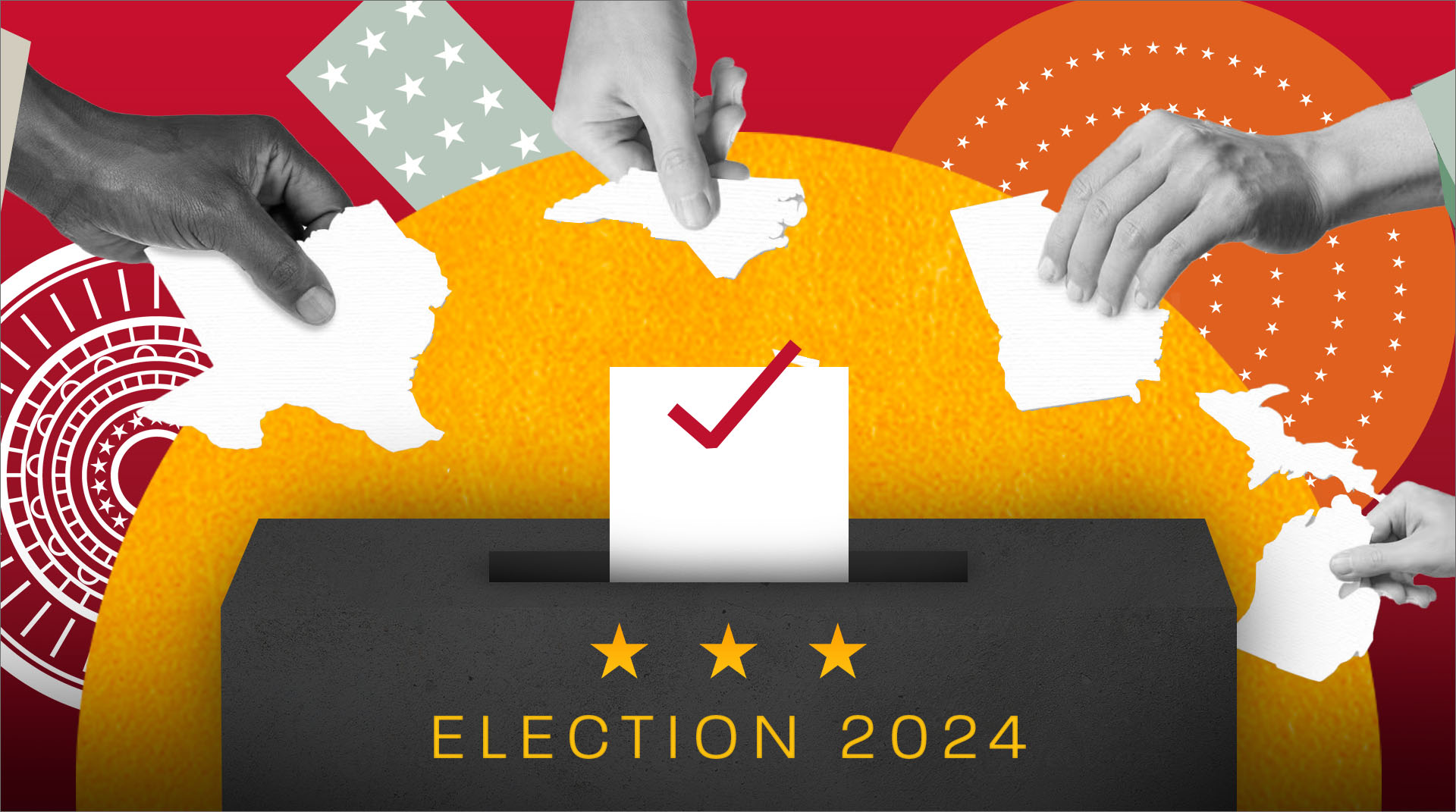Elections are the heartbeat of democracy. They give ordinary citizens the extraordinary power to shape their future, decide their leaders, and influence policies. Without elections, societies risk slipping into dictatorship or chaos. From ancient Athens to today’s digital age, elections have remained the cornerstone of governance.
What Is an Election?
At its core, an election is a process where people choose representatives or make decisions through voting. It’s a peaceful way of resolving disagreements and determining who should govern. Simply put, elections are the foundation of political legitimacy.
Types of Elections
National Elections
National elections decide who leads a country. In the U.S., it’s the presidential election. In countries like the UK or India, it’s parliamentary elections where citizens vote for members of parliament who then form the government.
Local Elections
Local elections shape everyday life. From mayors to city councils, these votes affect schools, roads, healthcare facilities, and local laws.
Special Elections
Sometimes, unexpected vacancies or unique issues call for special elections. By-elections fill empty seats, while referendums allow citizens to vote directly on specific issues.
Key Elements of an Election
Every election involves a few essentials:
-
Electoral Rolls – Lists of eligible voters.
-
Candidates and Parties – The people and groups seeking power.
-
Voting Systems – Methods used to count votes and declare winners.
Different Voting Systems Around the World
-
First-Past-the-Post: Candidate with the most votes wins.
-
Proportional Representation: Seats distributed according to vote share.
-
Ranked-Choice Voting: Voters rank candidates in order of preference.
Each system has its pros and cons, often shaping the political culture of a country.
The Role of Political Parties
Political parties are the engines of democracy. They present policies, organize campaigns, and give voters choices. Without parties, elections would be chaotic, with too many individuals competing.
Election Campaigns
Campaigns are where the action is. Politicians rally crowds, debate opponents, and flood media with ads. Social media has now taken center stage, with platforms like Twitter, Facebook, and TikTok influencing younger voters like never before.
Voter Participation
Voter turnout is often seen as a health check for democracy. High turnout signals engagement, while low turnout raises concerns. Barriers like long lines, lack of awareness, or strict voter ID laws can discourage participation.
Election Technology
Technology is reshaping elections:
-
Electronic Voting Machines (EVMs) make counting faster.
-
Online Voter Registration simplifies the process.
-
Blockchain Voting could one day make elections tamper-proof.
Free and Fair Elections
For democracy to thrive, elections must be transparent. Independent election commissions, unbiased monitoring, and international observers all ensure fairness.
Challenges in Elections
-
Voter Fraud: Rare but damaging to trust.
-
Misinformation: Fake news spreads confusion.
-
Big Money Influence: Wealthy donors sometimes overshadow ordinary citizens.
Case Studies of Major Elections
-
United States: Presidential elections draw global attention.
-
India: The world’s largest democratic exercise with millions voting.
-
United Kingdom: Parliamentary tradition influencing many nations.
The Future of Elections
The next era of elections could be digital. Imagine voting securely from your phone. Youth involvement and global participation will define the future of democracy.
Why Your Vote Matters
Think your single vote doesn’t count? History says otherwise. Many elections worldwide have been decided by razor-thin margins, proving that one ballot can change everything.
Conclusion
Elections are more than just choosing leaders—they’re about shaping society, protecting freedom, and voicing your opinion. The next time you vote, remember: you’re not just casting a ballot, you’re writing history.
FAQs
1. What is the main purpose of elections?
To allow citizens to choose leaders and shape policies peacefully.
2. How often are elections held?
It depends on the country—some every four or five years, others more frequently.
3. What makes an election fair?
Transparency, equal opportunity for candidates, and impartial oversight.
4. Can one vote really make a difference?
Yes, countless elections worldwide have been decided by a handful of votes.
5. What role does technology play in elections?
It speeds up processes, increases accessibility, and enhances transparency—but also brings new challenge
